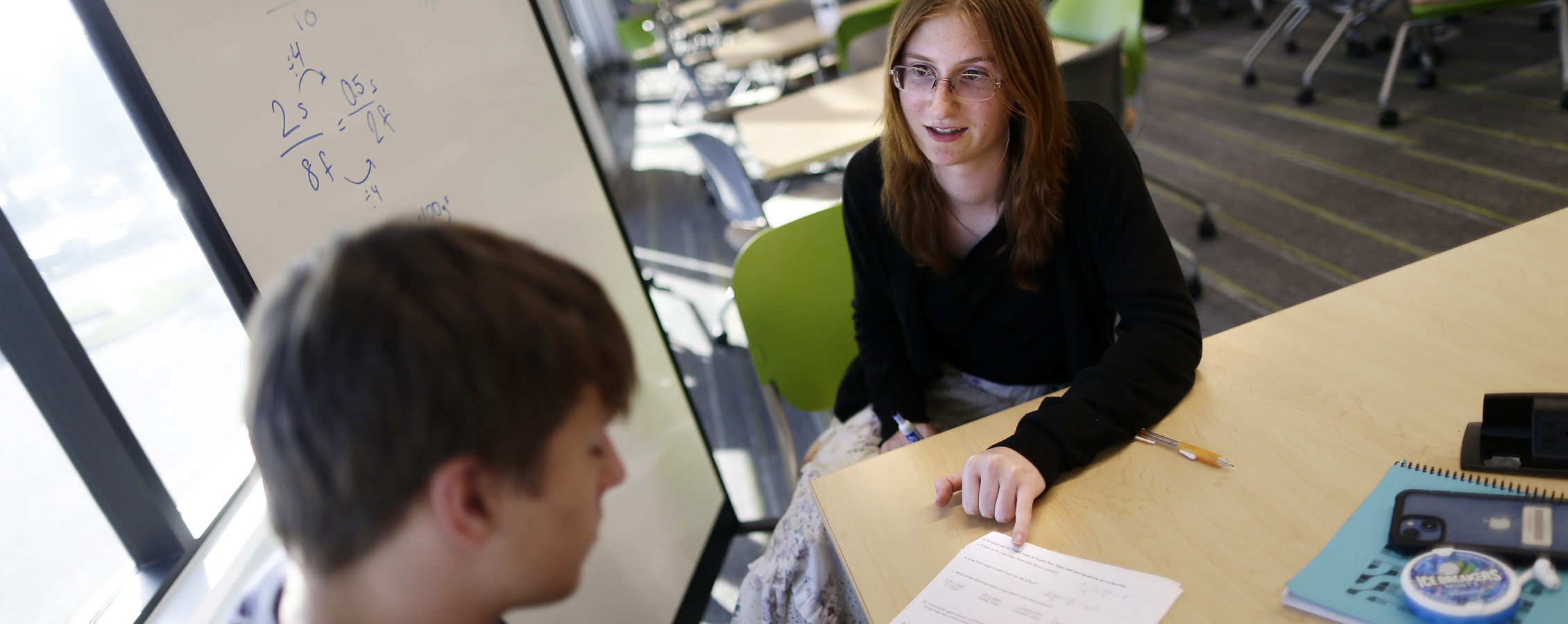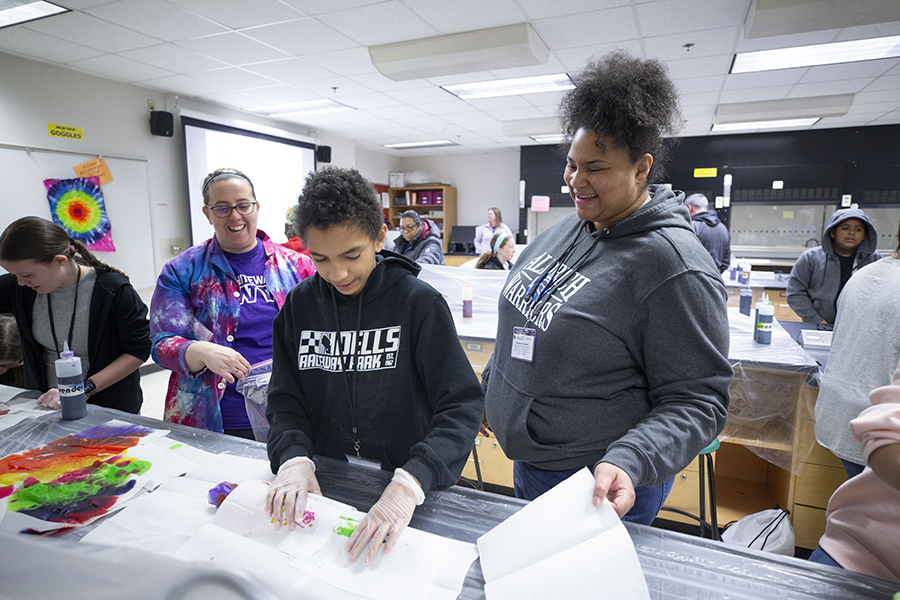DEPARTMENT OF EDUCATIONAL FOUNDATIONS
The Department of Educational Foundations offers undergraduate and graduate courses providing the underpinnings of teacher education. In addition to our foundations block courses, we offer programs in library media and instructional design and learning technology.
View our undergraduate opportunities
View our graduate opportunities
Learn about our Library Media program
Winther Hall, Room 6035
262-472-1380 | edfound@uww.edu
Foundations Block Courses
The Foundations Block includes three courses in the social and psychological foundations of education, with an embedded fieldwork component in a school with a diverse population. Closely connecting coursework with participation in a field experience is an instructional model that allows students to apply their learning and begin making connections between theory and practice. To learn more about the foundations block, please visit our admissions page.


